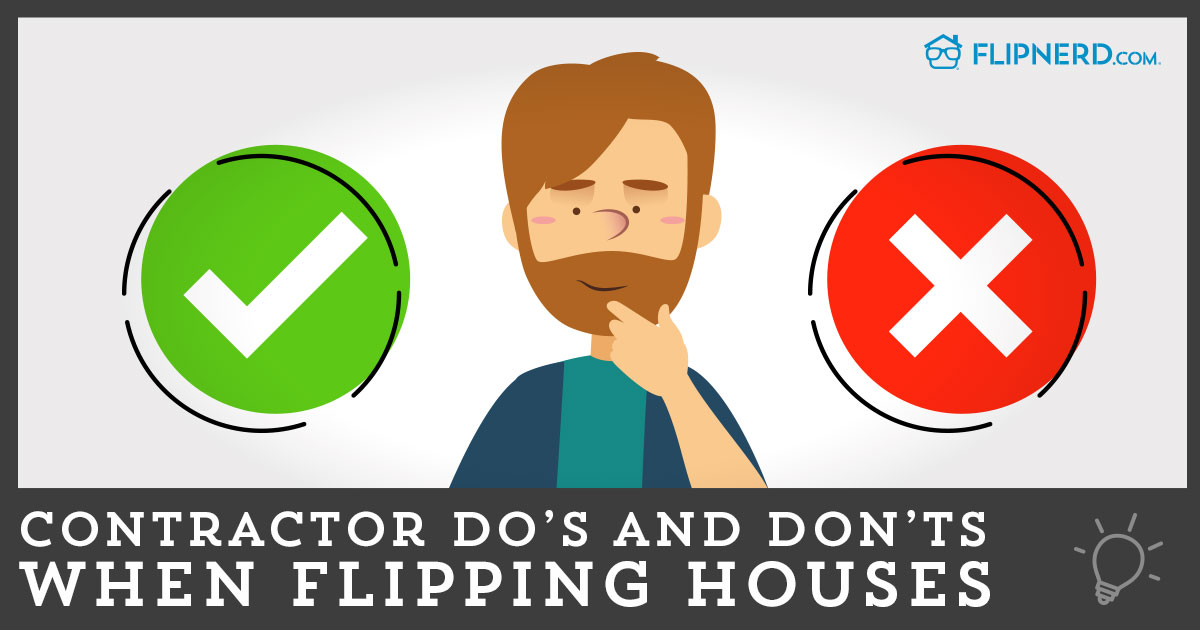Whether you have 1 rental property or 500 properties, you want to maximize your returns. Buying the property at the right price can only take you so far. Maximizing your returns comes with what you do with the property once it’s ready to be tenanted and while it’s tenanted.
We’re highlighting 5 strategies that were discussed in a recent REI Classroom with Marck De Lautour. (“Landlords: 5 Tips to Maximize Returns on Rentals” if you want to check out the video)
1. Having Professional Photos
Professional photos don’t cost very much to have done and provide 2 major benefits to you.
The first benefit is the more obvious benefit of having clean, well-lit photos to post online for potential tenants to see. Blurry, dark rooms aren’t enticing to anyone.
Most everyone looks at properties online before they visit in person. Professional photos can give your property an edge over one with photos from a phone, for example.
This means your property might be tenanted quicker which lowers your vacancy rate.
The second benefit is that if by some chance the tenant destroys your property, you’ll have “before” photos to present to show just how much damage was done.
Hopefully you’ll never need these photos for this reason, but it can be helpful if you ever run into this situation.
2. Encourage a 2-Year Lease Agreement
Let them know that if they sign a 2-year lease agreement, their rent will be locked in for 2 years instead of 1 year. If they don’t sign the 2-year lease, you’ll be raising rent at the standard 1-year mark.
A longer agreement allows for lower vacancy rates and less downtime for repairs that are necessary between tenants.
If they choose to go for the shorter lease option, the higher rent expectation will already be set. For tenants who choose to leave after the year is up, that’s okay because the next tenant can start at a higher rent rate.
3. Raise Rent Every Year
Raising rent each year was talked about in the previous point but regardless of the length of the agreement, you should raise your rents every year to accommodate for cost of living, insurance, maintenance, and appreciation.
Your goal for monthly rate should be at least 1% of your final purchase price (once any repairs have been added on). If you aren’t getting 1%, it’s going to take you longer for the rental income to pay off the property.
Having the rent set to 1% allows you to have the property paid off in a little over 8 years (without taking into consideration your interests rates if it’s financed). This doesn’t account for the additional costs to maintain a property.
By raising your rent each year, it helps balance out your additional costs. Also, by raising rents each year, the increase should be gradual enough that it doesn’t go out of the tenant’s budget.
4. Quality Upgrades
For properties that are in need of repair, it’s important to upgrade to match the neighborhood, but not to be cheap on the important areas. Having your kitchen and bathroom countertops upgraded to granite isn’t going to break the bank but it will give the property an edge over an outdated property nearby.
Other areas to upgrade include toilets, bathtubs, kitchen cabinets, etc. These upgrade make the property stand out and you’re able to charge more for rent because of these amenities.
Patrick Donohoe discusses different ways to add value to your rental properties (for “add value to your rental properties”) on an REI Classroom if you want to watch.
5. Don’t Include a Fridge (at the beginning)
You can offer to supply a fridge for a monthly fee. It’s an easy add-on to their rent and you can go out, buy a new fridge, and have their monthly payments pay it off without problem.
This ala carte option allows you to buy the appliance as-needed and with assurance that it will be paid off in time. It’s a small service that is appreciated by the tenant and brings in extra money as it won’t take long to pay off.
Maximizing Returns
Rental properties can be a great way to passively earn income (if you aren’t handling the property management). It only makes sense to make sure each and every rental property you own is getting the highest return possible.
You have to treat your rentals as a business. Have set policies and procedures in place so that the expectations are clear and you’re able to get the returns you deserve out of the property.
Don’t leave money on the table!









